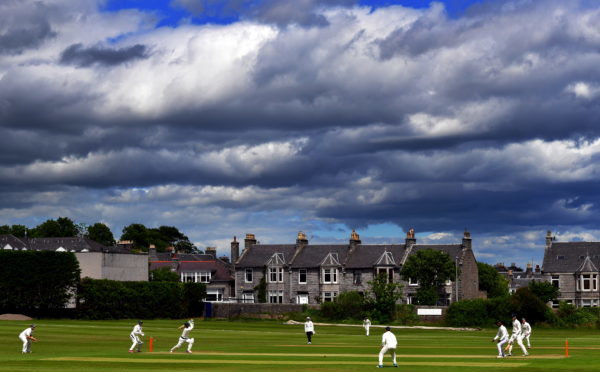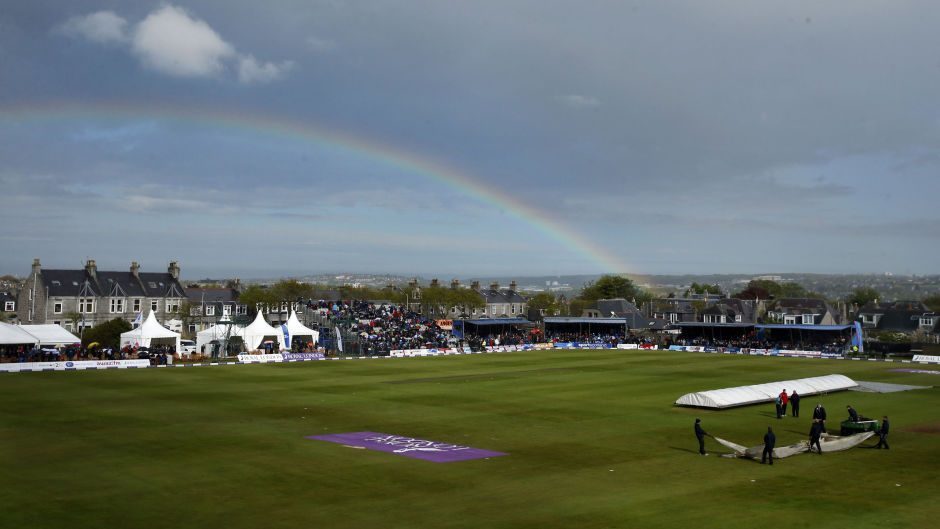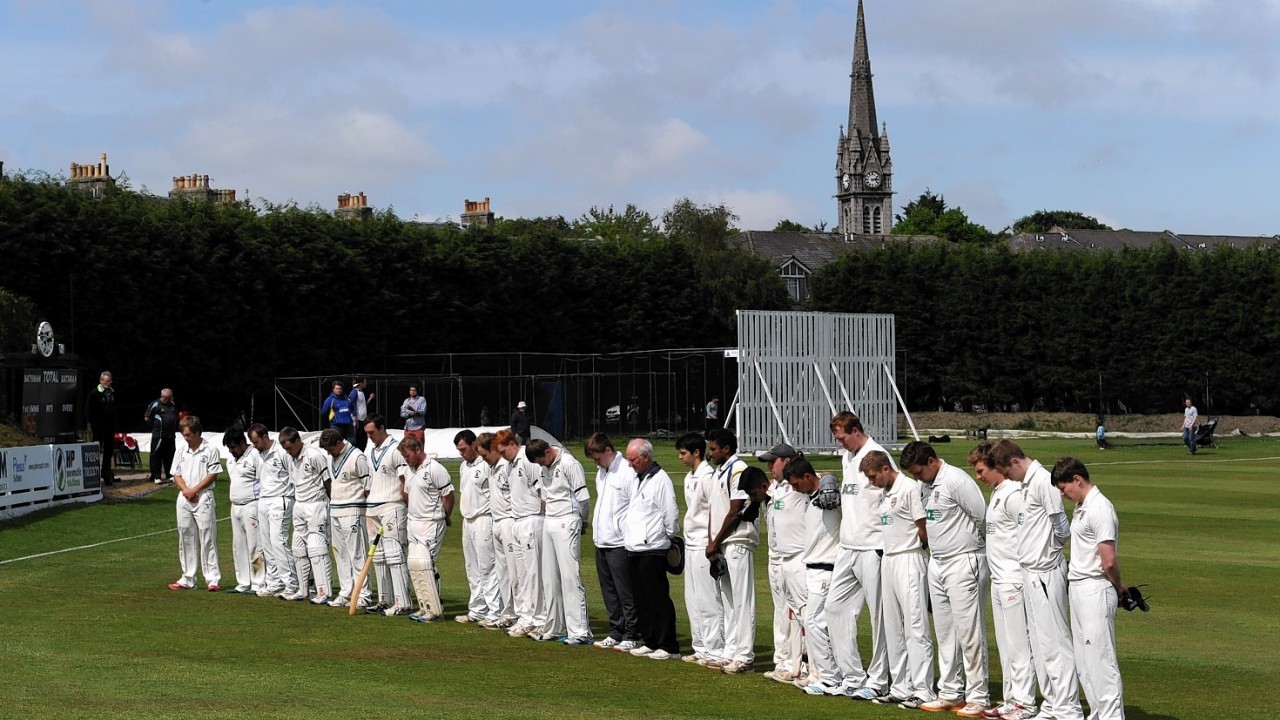I took a walk around the Mannofield area of Aberdeen on Sunday, even as the sun shone on the cricket ground and snowdrops bloomed outside the nearby church building.
As we approach another March, a time when cricket enthusiasts start to think about returning to action and either playing or spectating at matches again, there was something forlorn about the deserted scene. But it offered a reminder that, as we gradually emerge from the Covid pandemic, the negative impact on so many grassroots organisations during the last year has been profound.
I spoke to one of the north-east cricket fraternity last week and he told me that he couldn’t envisage any meaningful club games taking place in 2021. The most optimistic projections are that everybody in Britain will have received their first vaccine by the end of July, but even if that comes to fruition, it won’t mean life will return to normal.
It’s probably not a matter of life and death to most people, but in terms of the myriad benefits provided by sport and exercise, there should be genuine concern about the fact that a plethora of athletics events, Highland Games and cycling competitions have already been cancelled this year. It’s all very well for elite sport to continue, albeit in a diminished form, and there is plenty on the schedule in the months ahead, from the European Football Championships and Olympic Games to the Ryder Cup.
But sitting watching these high-profile tournaments and championships will not remotely make up for the lack of opportunities for people of all ages and backgrounds to escape from the misery of social distancing, the long-time closure of leisure facilities and swimming pools, and the restrictions on any amateur team pursuits.
This doesn’t just affect the clubs themselves, though that is a serious enough consideration. Cricket only has a limited window to promote itself, a quickfire April-August slot on the calendar, which is itself dependent on decent weather.
Last year was an almost complete wipe-out and I’ve seen how swiftly people can switch to other things. As a youngster, there were hundreds of clubs dotted across Scotland; the smallest of villages and towns from Falkland to Fauldhouse would take pride in staging fixtures against factory teams and works collectives, which no longer exist.
Shrinking participation numbers aren’t merely confined to cricket. Rugby has similar issues outwith the central belt, while athletics often struggles to attract youngsters. It’s hard to stay in the swim if the pools are out of bounds for months on end.
And not having access to physical exercise doesn’t just have an effect on people’s physical fitness, but adversely effects their mental health as well. This isn’t just my opinion; it’s a proven fact and governing bodies need to be included in the programme to reopen Scotland for business in the months and years ahead.
There are different perspectives on how quickly a sense of ‘normalcy’ can be attained. But, even before the pandemic, grassroots games were in trouble. It’s one thing for professional football organisations to devise plans for the return of supporters to stadiums for the 2021-22 season, but that’s a luxury beyond the dreams of those who toil away on community cricket, rugby, athletics and swimming initiatives.
Mannofield has been hosting matches for more than 160 years, long before Aberdeen FC came into existence. But whenever I’ve asked Cricket Scotland for updates about a schedule for the coming summer, they have understandably been unable to provide any information. They are due to host two prestigious events, the men’s under-19 European World Cup qualifier and the women’s T20 Euro qualifier, in July and August.
But can anybody imagine that scores of teams from across the continent are going to be flying to these parts in less than six months’ time, given how the message from the Scottish Government, as recently as last week, is to avoid foreign travel this summer?
It’s a volatile, rapidly evolving situation, but my feeling is that amateur sport will have to be both patient and resilient in recognising there is no fast track back to many of the things which we used to take for granted.
That is a sad state of affairs, but health concerns have to be the main priority. Given all the sacrifices which have been made since last March, it would be folly to fling open the doors of sports clubs at short notice, but grassroots administrators should be thinking ahead to 2022 when, hopefully, the vaccinations are complete and we can dare to dream about being back in pavilions and on pools and pitches.
As I was walking away from Mannofield, I met a long-standing Aberdeenshire member on Great Western Road and asked how he was getting on.
His reply was heart-rending. “Not well, son. This has really ripped the guts out of me. I haven’t seen any of my pals for months. You don’t realise how important a sports club is until you’re not able to go in there any more.”
He was speaking for thousands of us.


